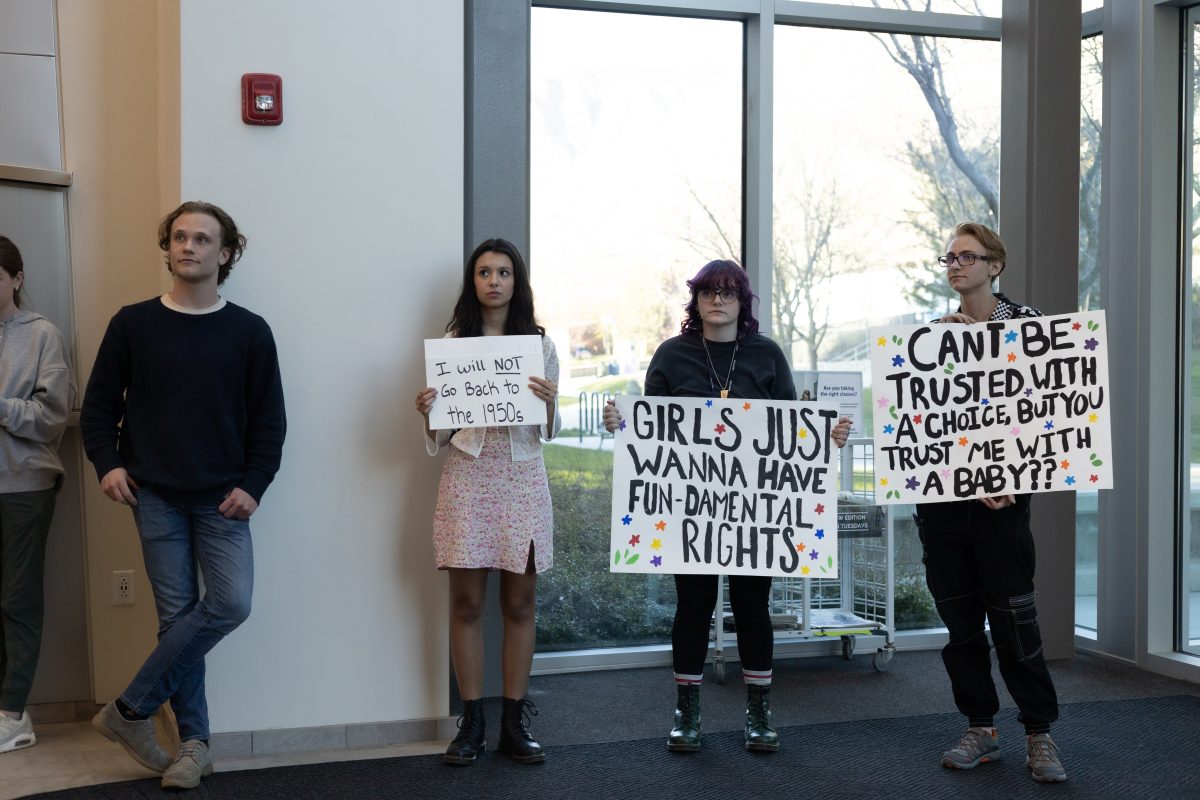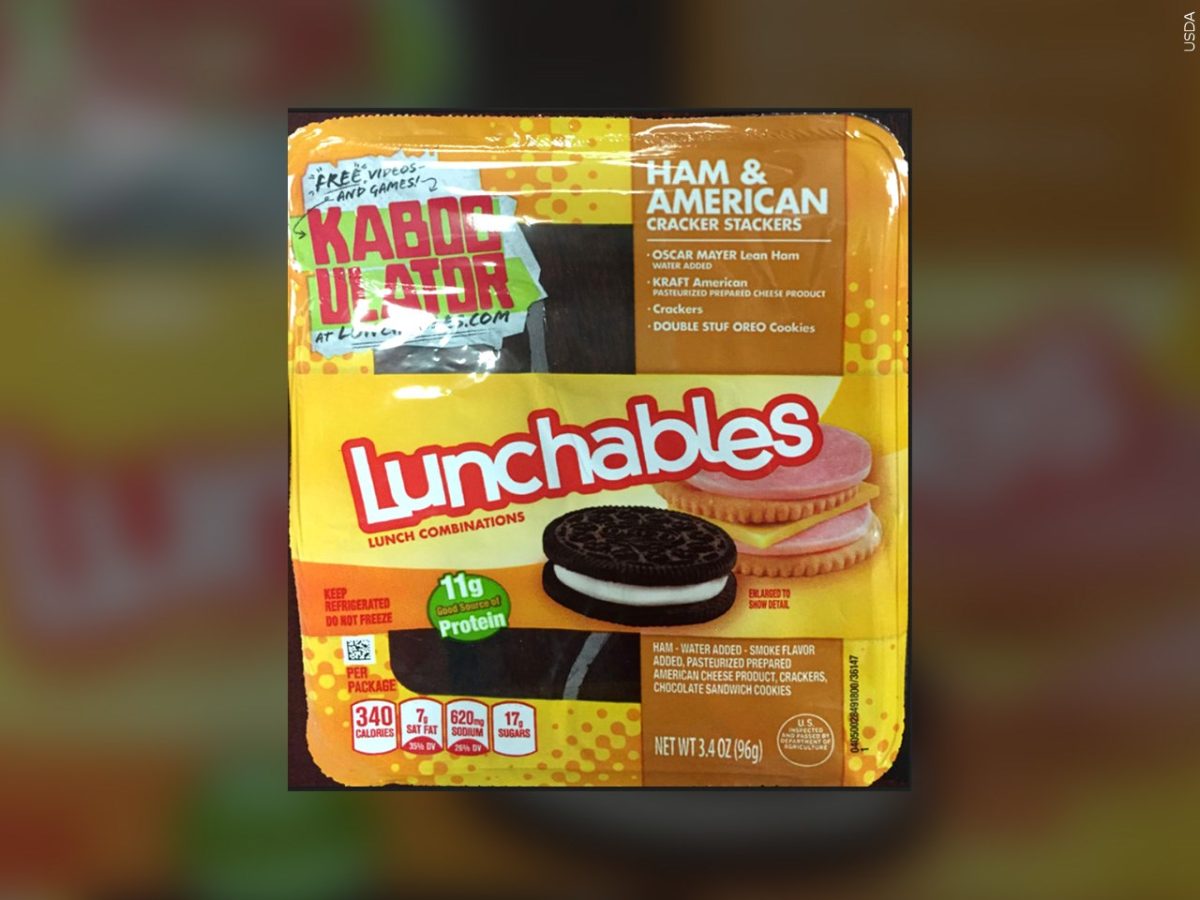A student committee must soon decide whether to establish a fund which would educate and engage students in Weber State University’s sustainability efforts.
Leroy Christensen, the president of the environmental club, asked the Student Fee Recommendation Committee for $20,000 to establish the sustainability fund. Half of the fund would finance sustainability projects, while the other half would pay for educational efforts.
“Really there’s a lot of projects, tons of projects that we could do, but we just don’t have the funding,” Christensen said. “We’ve got students that want to get engaged and we’ve got students that want to get other students engaged.”
WSU administration promised to match whatever the committee funds. Their contribution will employ up to three student interns who will oversee the implementation of sustainability projects. Each intern will receive $6,000 a year.
“Whatever (the committee) put(s) into it they’ll get out of it,” Christensen said. “You have to invest some before you see the results. I know that I want to be a part of the solution, not the problem, and I think other students would like the opportunity as well. This funding would help do that.”
Jennifer Bodine, WSU’s sustainability specialist, said funding the request will put in place the missing piece to WSU’s sustainability efforts: student engagement.
“Everyone on this campus has a responsibility to help Weber State achieve that ultimate goal of carbon-neutrality, and this is kind of the key to allow those students to get involved and be an integral part of that process,” Bodine said.
Achieving carbon-neutrality by 2050 — or neutralizing the environmental impact of carbon emissions with an equal amount of healthy input — is a goal WSU outlined in its 2009 climate action plan.
“Our office has been doing a lot by way of projects but a lot of students don’t know what’s going on at this university and a lot of students aren’t involved in what’s going on in regards to making ourselves carbon-neutral,” Bodine said.
Of the $20,000, $8,000 will help pay for keynote speeches and other educational events which will address a range of topics designed to inform and empower students to live more eco-friendly lives. Another thousand would fund a recycling education effort and the final thousand for the educational effort would finance two student eco-peers who would inform incoming students about WSU’s sustainability efforts and moderate keynote speeches and panels.
Bodine said the experiences students have as eco-peers and interns will make them more employable and open doors to get jobs in the rapidly growing sustainability field.
“As the sustainability specialist for this university, I’m bombarded with job announcements,” Bodine said. “The green field and the sustainability field is growing by leaps and bounds every year and I’m watching it happen.”
The remaining $10,000 will fund sustainability projects from year to year. Next year, the most expensive project would fund the placement of about 12 outdoor recycling bins for around $5,000. The rest would pay for equipment to retrofit drinking fountains in the union building with bottle-refilling stations and bike racks. Both projects have support from the necessary parties, Christensen said.
“This is the piece that we’ve been waiting for,” Bodine said. “I really do hope that it gets approved. We’ve had a number of students that really want to get involved, and I think this would be that avenue to help them get involved in this process.”




















